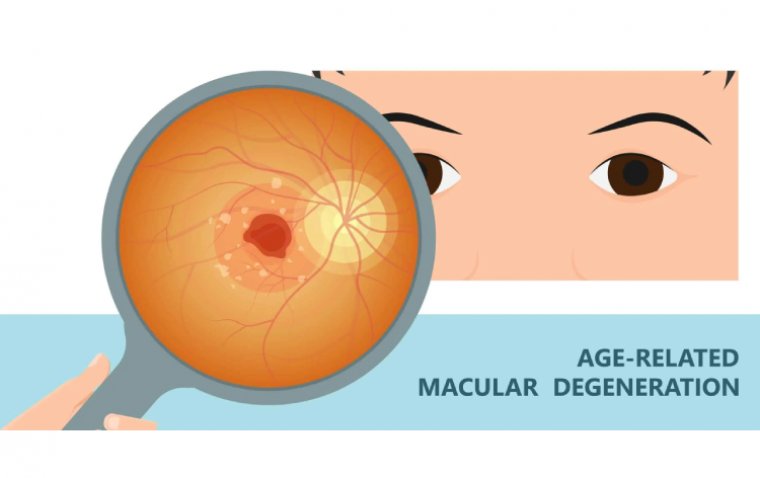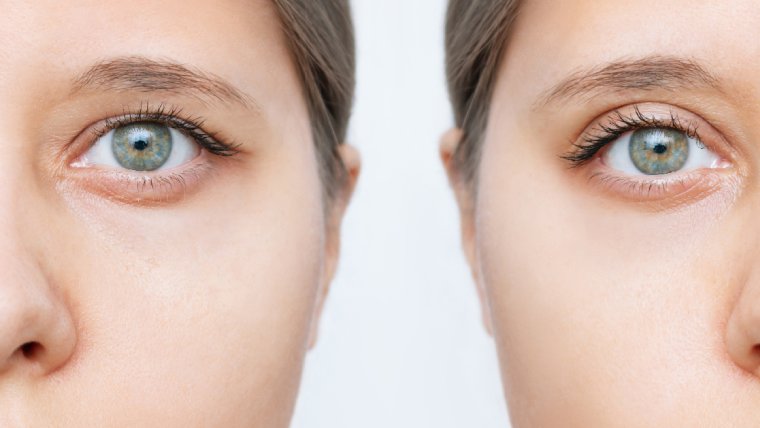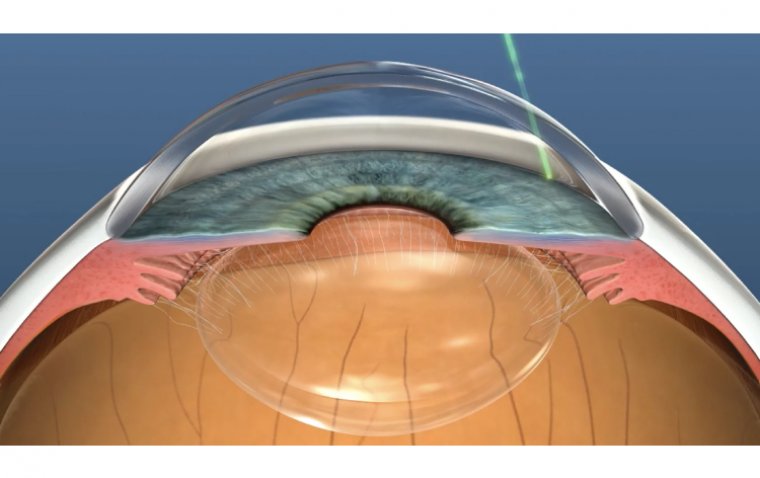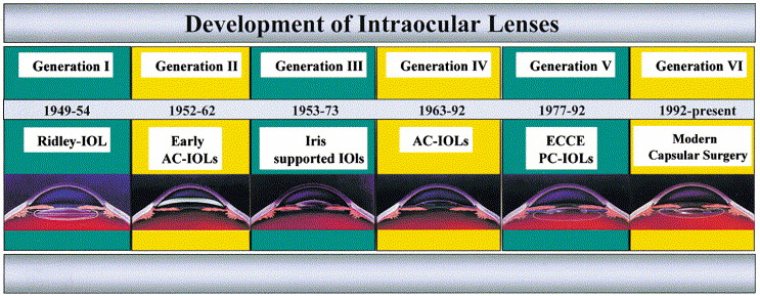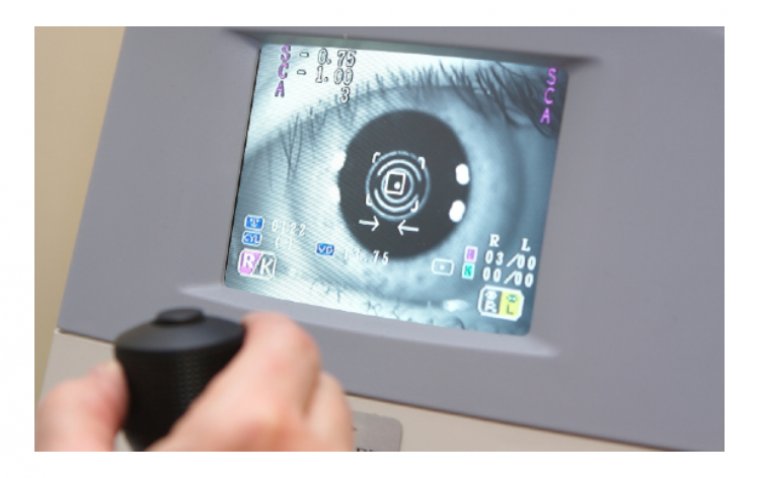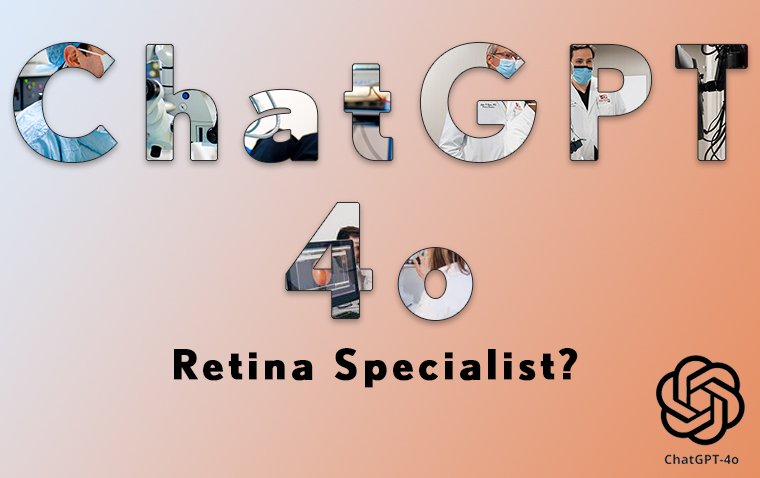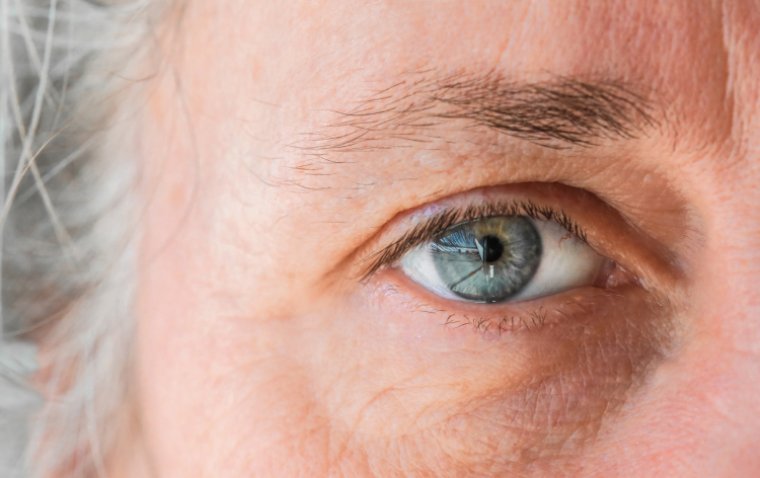
Can Antidepressant Use Increase the Risk of Glaucoma?
Amidst the intricate interplay of medical conditions and their treatments, unexpected relationships sometimes emerge. One such intriguing link has been proposed between antidepressant use and the risk of glaucoma. As two conditions seemingly distinct, depression and glaucoma occupy different corners of the health landscape, with the former commanding the realm of mental health and the latter ruling the domain of ophthalmology. But could a bridge exist between them, founded on the effects of antidepressant medication?
This article aims to explore the whispers and echoes of scientific discourse on this potential connection, guiding the reader through the labyrinth of current understanding, controversies, and crucial considerations for those at the crossroads of these conditions. As we traverse this journey, we underline the critical role of informed discussions and concerted decision-making involving patients, ophthalmologists, and mental health professionals. Let's turn the page and start our exploration into this intriguing possibility, where the pathways of the mind's health intersect with the vision's clarity.
Overview of Glaucoma and Depression
1. Understanding Glaucoma
Glaucoma is a group of eye conditions that damage the optic nerve, often due to abnormally high pressure within the eye. This disease holds an infamous title as a leading cause of irreversible blindness worldwide. It's usually asymptomatic in its early stages, making it a silent thief of sight, with the damage becoming evident only when it's advanced.
2. Depression – The Silent Epidemic:
Depression, on the other hand, is a widespread mental health condition. It presents with persistent feelings of sadness, loss of interest, decreased energy, and difficulties in performing daily activities, significantly impairing the quality of life. Depression is considered a silent epidemic, affecting millions around the globe.
3. The Connection between Antidepressants and Glaucoma
With glaucoma and depression often occurring concurrently, particularly in the elderly population, the potential link between these conditions becomes more pertinent. Specifically, the focus lies on the role of antidepressants, which are commonly prescribed to manage depression. Does their use increase the risk of glaucoma? If so, how significant is this risk, and how should it be addressed in clinical practice? The exploration of these questions underpins our journey into the connection between these two conditions.
Types of Antidepressant Medications
Taking a step further into the intertwining narrative of antidepressants and glaucoma, let's shift our focus towards understanding the different types of antidepressant medications and their potential influence on intraocular pressure (IOP) and glaucoma.
The Panorama of Antidepressant Medications: Antidepressants come in various classes, each with its own unique mechanism of action. The major groups include Selective Serotonin Reuptake Inhibitors (SSRIs), Serotonin and Norepinephrine Reuptake Inhibitors (SNRIs), Tricyclic Antidepressants (TCAs), and Monoamine Oxidase Inhibitors (MAOIs), among others.
Mechanisms of Action: Each of these classes works by adjusting the balance of neurotransmitters in the brain, consequently altering mood and emotions. For instance, SSRIs increase the level of serotonin in the brain by inhibiting its reuptake, while TCAs prevent the reuptake of both serotonin and norepinephrine.
Antidepressants and Intraocular Pressure: Some studies suggest that certain classes of antidepressants, notably SSRIs, may increase IOP, which is a significant risk factor for glaucoma. However, the findings are not consistent across all studies, leading to controversies and ongoing debates within the scientific community.
Scientific Evidence and Controversies
Navigating the ocean of scientific evidence, one is bound to encounter waves of affirmation and undertows of contradiction. When it comes to the possible link between antidepressants and glaucoma, the waters can get particularly choppy. Let's sail into the findings of these research efforts and their controversies.
● Studies Linking Antidepressants and Glaucoma
Various studies have endeavored to determine if an association exists between antidepressant use and glaucoma. Some research has hinted towards an increased risk of glaucoma among antidepressant users, particularly with SSRIs. These studies suggest that SSRIs might contribute to elevated intraocular pressure, a significant risk factor for glaucoma.
● Conflicting Findings
However, sailing isn't always smooth, and the sea of research is no exception. Other studies have reported conflicting results, finding no significant association between antidepressant use and glaucoma. Some research even suggests potential protective effects of certain antidepressants.
● Limitations of the Available Research
These varying findings reflect the complexities of the research landscape. Many studies are observational and retrospective, presenting challenges in establishing a clear cause-and-effect relationship. Further, the influence of confounding factors such as age, comorbid conditions, and concurrent medication use often muddies the waters.
Considerations for Individuals with Depression and Glaucoma
Finding oneself at the crossroads of depression and glaucoma is a challenging circumstance. The interplay between antidepressant use and potential glaucoma risk necessitates careful considerations, grounded in collaborative care, individualized treatment, and open communication. Let's delve into these aspects.
● Comprehensive Eye Examinations and Regular Screenings
For individuals on antidepressant therapy, comprehensive eye examinations become crucial. Regular screenings for glaucoma, including intraocular pressure measurements, optic nerve examinations, and visual field testing, can aid in early detection and management.
● Collaborative Approach to Care
Managing patients with depression and glaucoma calls for a multidisciplinary approach. A collaborative strategy between ophthalmologists and mental health professionals is essential in ensuring optimal eye health while effectively addressing the mental health needs.
● Individualized Treatment Plans
Treatment plans should be tailored to the patient's unique health profile. If there's a substantial risk of glaucoma, alternative treatments for depression might be considered. Conversely, if antidepressant use is crucial for a patient's mental wellbeing, close monitoring of eye health should be implemented.
● Communication and Shared Decision-making
Last but certainly not least, fostering open lines of communication between patients and healthcare providers facilitates shared decision-making. Patients should be informed about potential risks and benefits, allowing them to actively participate in their care process.
Managing Depression and Glaucoma Simultaneously
In the health journey, balancing depression and glaucoma simultaneously is akin to walking a tightrope, requiring precision, patience, and a keen sense of balance. This delicate equilibrium is maintained through the use of both pharmacological and non-pharmacological interventions, diligent monitoring, and patient education.
1. Non-pharmacological Interventions for Depression
Non-pharmacological strategies such as cognitive-behavioral therapy (CBT), mindfulness-based cognitive therapy (MBCT), and lifestyle modifications can play significant roles in managing depression, particularly for individuals at risk for glaucoma.
2. Alternative Treatment Options for Depression
In cases where antidepressant use might aggravate glaucoma risk, alternative medications or therapies might be considered. These may include other classes of psychiatric medications or treatments such as electroconvulsive therapy (ECT) or transcranial magnetic stimulation (TMS), as appropriate.
3. Monitoring Intraocular Pressure (IOP)
For individuals diagnosed with both depression and glaucoma, regular monitoring of IOP is crucial. Based on these results, healthcare providers may make necessary adjustments in the treatment plan to manage both conditions effectively.
4. Patient Education
Informing patients about the potential risks and benefits of antidepressant medications, and their possible impact on glaucoma, is essential. Knowledge empowers patients to participate actively in their care and make informed decisions about their treatment options.
To Conclude...
In the vast world of healthcare, where each condition weaves its own narrative, the plot of antidepressants and glaucoma has created a riveting storyline. From the basic understanding of depression and glaucoma to the complexities of managing these conditions simultaneously, we've embarked on a journey through the labyrinth of scientific evidence and clinical practices. The potential link between antidepressants and glaucoma, shrouded in a mix of findings and controversies, continues to be an active field of research.
As healthcare providers, it is incumbent upon us to strike a balance between managing depression effectively and mitigating potential glaucoma risk. This delicate act requires a holistic, patient-centered approach involving regular screenings, collaborative care, individualized treatment plans, and above all, open communication. As we strive to refine our understanding and strategies, we seek to give our patients the greatest gift of all - the ability to enjoy life with clear vision and a hopeful mind.
(1).jpg)

